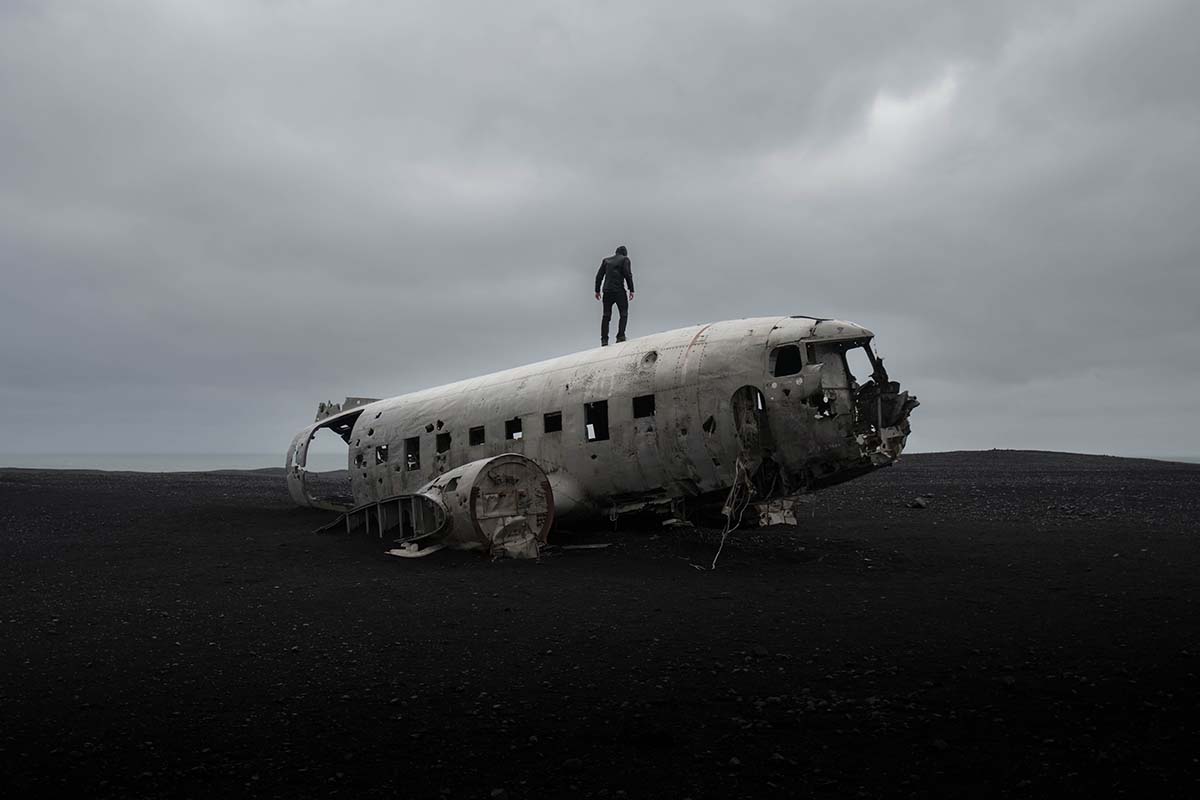How Can a Wrongful Death Happen While Traveling?
Key Points
- Common Causes of Wrongful Death While Traveling. Wrongful deaths during travel can stem from aviation accidents, car crashes, cruise ship incidents, or negligence in hotels and adventure activities.
- Jurisdiction and Liability Challenges. Determining liability in wrongful death cases while traveling involves complex jurisdictional issues, especially for international incidents.
- Legal Steps for Families and Compensation. After a wrongful death, families should gather evidence, contact insurance, and file a claim, potentially receiving compensation for economic and emotional damages.
Traveling is often a time of excitement and adventure, but unfortunately, it can also be accompanied by unforeseen risks.
When tragedy strikes, it’s important to understand how legal recourse applies, particularly in the event of a wrongful death.
A wrongful death occurs when someone’s life is lost due to the negligence or misconduct of another party.
These cases are especially complex when they happen during travel, whether domestically or internationally.
Wrongful death laws exist to hold the responsible parties accountable and provide compensation to the family or loved ones left behind.
But when traveling, the laws, jurisdiction, and responsible parties can become much harder to navigate.
This article will explore the different ways wrongful death can occur while traveling and outline the steps families can take in the aftermath.
Common Causes of Wrongful Death While Traveling
Wrongful deaths can occur in various ways while traveling.
These incidents often involve a combination of factors such as negligence, equipment failure, and hazardous conditions.
- Aviation Accidents
Air travel is statistically one of the safest modes of transportation, but when accidents do occur, they often result in catastrophic fatalities. Wrongful death claims related to aviation can stem from plane crashes, which may be caused by pilot error, mechanical failure, or improper maintenance. Airlines, manufacturers, and even maintenance crews may be held liable in such cases. - Car or Bus Accidents
Renting a car or taking a bus is common while traveling, but traffic accidents are unfortunately a major cause of wrongful deaths. Factors such as negligent driving, poorly maintained roads, or defective vehicles can all lead to fatal accidents. In these cases, both the driver and the company responsible for the vehicle’s maintenance may be liable. - Cruise Ship Incidents
While cruise vacations are meant to be relaxing, cruise ships are also common places for accidents. Slip and falls, drownings in pools, or even medical negligence by ship doctors can result in death. When a wrongful death occurs on a cruise, the cruise line itself, along with third-party excursion operators, may be liable for failing to ensure the safety of passengers. - Hotel and Resort Negligence
Hotels and resorts have a duty of care to their guests, which includes ensuring that facilities are safe. Failing to provide adequate security, allowing unsafe conditions, or not properly maintaining pools or recreational areas can lead to wrongful deaths. For instance, if a guest dies as a result of a hotel’s negligent failure to repair a faulty balcony railing, the hotel could be held accountable. - Adventure and Recreational Activities
Many travelers participate in adventure activities like scuba diving, skydiving, and hiking. While these activities carry inherent risks, negligence by tour operators or guides, lack of proper safety protocols, and malfunctioning equipment can lead to fatal accidents. The responsible parties may include the company organizing the activities, equipment manufacturers, and individual guides. - Medical Malpractice Abroad
When a traveler seeks medical care abroad and the treatment leads to death due to negligence, medical malpractice claims may arise. Issues like language barriers, substandard medical care, or incorrect treatment can result in wrongful death. Determining liability in these cases can be particularly complicated when dealing with foreign healthcare systems.
Determining Liability in Travel-Related Wrongful Deaths
- Jurisdictional Challenges
One of the biggest challenges in travel-related wrongful death cases is determining which country or state’s laws apply. Domestic laws are typically more straightforward, but when the incident occurs internationally, questions of jurisdiction arise. In cases involving international travel, families may need to navigate the laws of the country where the death occurred, along with any applicable international treaties. - Third-Party Liability
In wrongful death claims, it’s often necessary to determine if a third party—such as a transport company, hotel, or tour operator—is responsible. For example, in an aviation accident, both the airline and the manufacturer of a faulty part could be held liable. This requires an investigation to establish negligence or misconduct by each involved party. - Negligence Standard
In any wrongful death case, establishing negligence is essential. Negligence occurs when a party fails to meet a reasonable standard of care, leading to the death of an individual. This might include failing to maintain a vehicle properly, not securing hazardous areas, or not providing proper medical care.
Legal Steps to Take After a Wrongful Death While Traveling
- Immediate Steps for Family Members
Following a wrongful death while traveling, the immediate priority for family members should be contacting local authorities and securing legal representation, especially if the death occurs abroad. It is also crucial to preserve any evidence, such as police reports, witness statements, and medical records. - Collecting Evidence
Family members will need to gather evidence that demonstrates negligence. This might include documentation from the scene of the incident, video or photo evidence, and statements from any witnesses. Obtaining records from the local police and medical staff is critical to building a strong wrongful death case. - Contacting Insurance Companies
Many travelers have insurance policies, including travel insurance, that may cover certain expenses related to wrongful death claims. Family members should contact these insurance companies as soon as possible to determine the extent of coverage and begin the claims process. - Filing a Wrongful Death Claim
Once the appropriate jurisdiction is determined, families can proceed with filing a wrongful death lawsuit. It’s important to consult an attorney experienced in handling cross-border claims to ensure all applicable laws and statutes are addressed.
Compensation for Travel-Related Wrongful Death
Families of wrongful death victims in Tennessee can pursue compensation for a variety of damages, including:
- Economic Damages: These include tangible losses such as funeral expenses, medical bills, and loss of financial support.
- Non-Economic Damages: These refer to emotional distress, loss of companionship, and mental suffering experienced by the family.
- Punitive Damages: In cases of extreme negligence or misconduct, punitive damages may be awarded to punish the responsible parties.
Travel insurance may offer limited compensation, but it’s important to read the policy carefully, as most do not cover all aspects of wrongful death claims.
Hiring a Wrongful Death Attorney for Travel Incidents
Navigating a wrongful death claim, particularly one that occurs while traveling, can be overwhelming.
An attorney who specializes in wrongful death and has experience with travel-related claims is crucial.
They can help determine liability, handle jurisdictional challenges, and ensure the family receives appropriate compensation.
Case Studies
- Aviation Incident Example: A family lost a loved one in an international plane crash. The investigation revealed pilot error and faulty equipment. The airline and the equipment manufacturer were both held liable, leading to a multi-million-dollar settlement.
- Cruise Ship Example: A passenger drowned in a cruise ship’s pool due to lack of supervision. The family successfully sued the cruise line for failing to provide adequate safety measures, securing a settlement to cover damages.





















